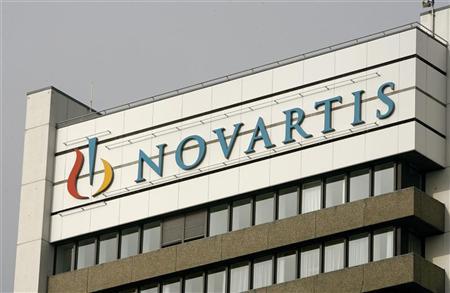Novartis edged out Pfizer as the largest pharmaceutical company based on drug revenues, bringing in $47.1 billion in drug sales last year, according to consultancy firm GlobalData. Pfizer reported $45.7 billion in drug revenues in 2014. PMLive noted that Gilead Sciences made its first appearance in the top 10 when it generated $24.4 billion in drug sales in 2014 driven largely by $10 billion in revenues from its star hepatitis-C drug Sovaldi.
Speaking of Sovaldi, state Medicaid programs spent $1.33 billion on hepatitis-C treatments in the first nine months of last year, The Wall Street Journal reported. That’s almost as much as states spent during the previous three years combined on HCV therapies and despite efforts by some states to limit access to costly new HCV drugs to the sickest patients. That total doesn’t include Texas, which spent nothing on Sovaldi during those nine months of 2014.
A Phase-II study showed that cancer drug Imbruvica had a two-year survival rate of 95% when used to treat patients with Waldenstrom’s macroglobulinemia. The results, published Wednesday in the New England Journal of Medicine, were the basis for the FDA’s approval earlier this year for the rare blood-cancer medicine. Imbruvica is marketed by Johnson & Johnson and Pharmacyclics, which is set to be acquired by AbbVie.
Researchers at the National Institutes of Health complained about paperwork they have to fill out to attend scientific and medical conferences, according to Bloomberg News. About 28,000 NIH researchers attend 7,000 conferences every year. They say that concerns over wasteful spending limit interactions in the medical community.
Former FDA Commissioner Dr. Margaret Hamburg criticized a Congressional proposal to speed up the drug development process. Hamburg told Modern Healthcare that shortening regulatory review times for drugs and medical devices could negatively impact patients as well as drugmakers. The proposal is part of the broader 21st Century Cures initiative.








